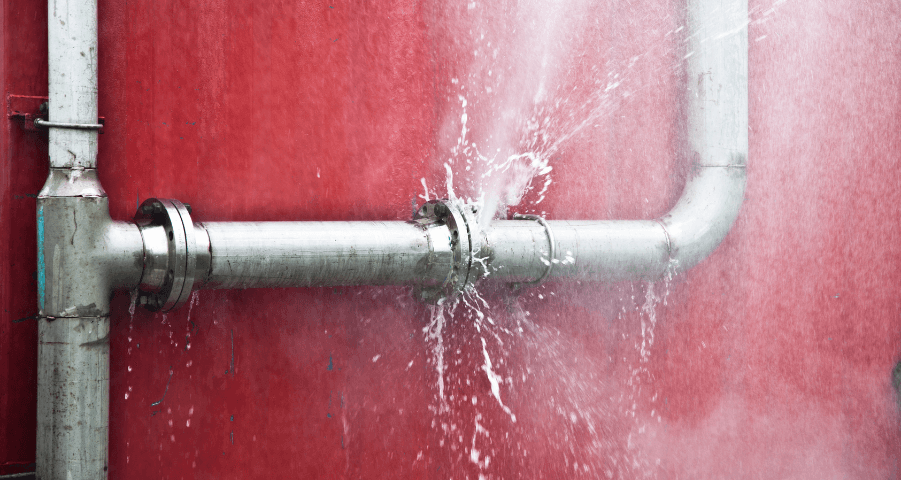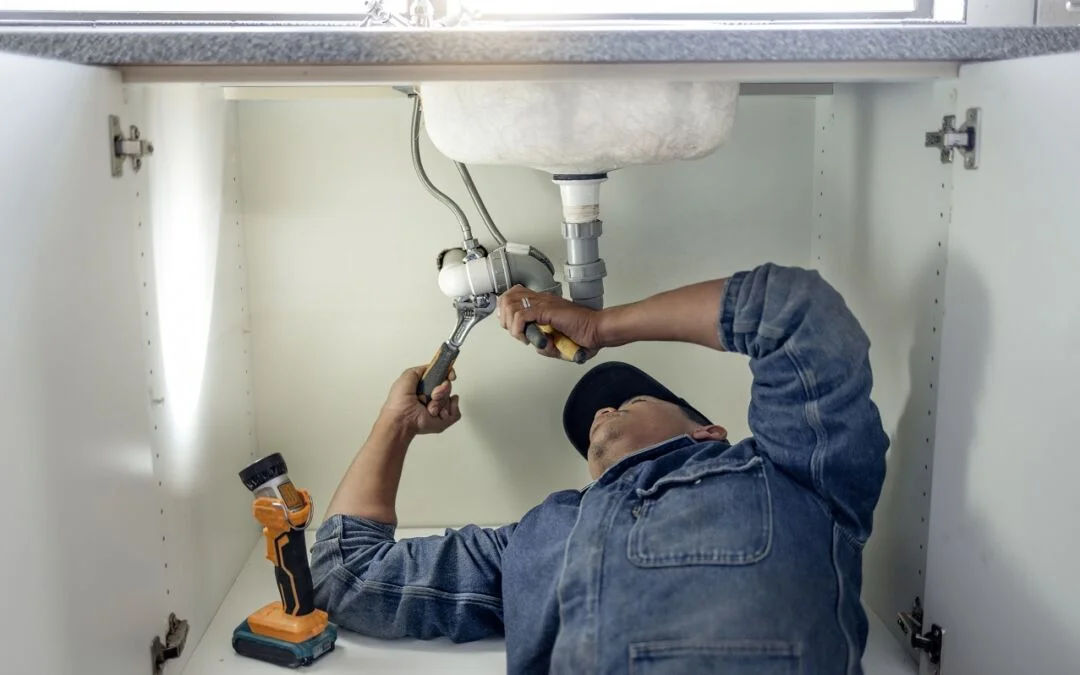Critical Fixes: What to Do Until Help Arrives
Critical Fixes: What to Do Until Help Arrives
Blog Article
How do you really feel on the subject of What to Do During a Plumbing Emergency?

Pipes emergency situations can strike at any moment, triggering tension and potential damage to your home. Whether it's a ruptured pipeline, a clogged up drainpipe, or a leaking faucet, knowing just how to handle the circumstance until a professional plumber shows up can save you from further complications. This article gives necessary emergency situation plumbing tips to aid you minimize damages and restore control during a pipes dilemma.
Turn Off the Water Supply
The very first step in any kind of plumbing emergency is to shut down the supply of water. For local problems, such as a leaking tap or commode, shut off the valve near the component. In the case of a major leakage or burst pipeline, find your home's main water shut-off shutoff and turn it off instantly. Understanding the location of these shutoffs in advance can save beneficial time during an emergency.
Address Little Leaks with Short-lived Repairs
Tiny leakages can quickly come to be significant troubles if left untreated. Use these momentary fixes till professional aid arrives:
While these solutions aren't permanent, they can assist minimize water loss and damage.
Unclog Drains Pipes Safely
A stopped up drain can be a discouraging and unpleasant issue. Right here's just how to tackle it:
If these techniques do not function, avoid using extreme pressure, as it might worsen the blockage.
Handle Overflowing Toilets
An overruning commode can create immediate mayhem. Right here's what you must do:
Shut down Your Hot Water Heater
In certain emergency situations, such as a burst pipeline, it's wise to shut off your water heater. This prevents getting too hot or damages to the device when water quits moving. Shut off the power supply to the hot water heater (electrical or gas) and let it cool off to prevent potential hazards.
Momentarily Quit a Ruptured Pipe
A burst pipe can lead to significant water damage in minutes. To mitigate the concern:
Call a professional plumbing professional quickly to resolve the issue permanently.
Handle Frozen Pipes Meticulously
In chillier climates, icy pipes are a common emergency situation. If you presume a frozen pipe:
Stop Further Damages
Taking quick action to lessen damage can conserve you time and money in the future. Right here's how:
. Have an Emergency Pipes Kit
Prepare a fundamental plumbing emergency situation kit to manage small problems properly. Your set needs to include:
Having these tools accessible can make a significant distinction in your ability to handle emergency situations.
Know When to Call a Professional.
While quick fixes can assist momentarily, certain pipes concerns require instant specialist attention. Call a plumbing technician if:.
Without delay getting in touch with a specialist ensures the problem is settled correctly and stops additional complications.
Conclusion.
Plumbing emergency situations can be overwhelming, yet with the right understanding and devices, you can manage the circumstance effectively until assistance gets here. By turning off the supply of water, attending to tiny leaks, and using momentary solutions, you can minimize damage and keep your home safe. Keep in mind, these pointers are temporary services; always seek advice from a qualified plumbing professional to take care of the origin of the issue. Prep work and quick thinking are your finest allies in any type of plumbing emergency.
8 Helpful Tips for Managing Plumbing Emergencies at Home
If your plumbing system hasn’t failed once, wait for it because almost everyone has a story to tell. Sometimes, it could be simple emergencies such as a leaking pipe, a blocked cistern, or even a big burst pipe. In situations like this, you need to have some handy tips to save you some money and from possible damages.
Take care of minor issues early.
Sometimes, you could have avoided an emergency by taking proactive measures while it was still early. Some major plumbing emergencies can be a result of an ignored minor issue. We recommend that you have items like plumbing tapes and other related items. A plumbing tape can allow you to manage minor leaks before the plumber arrives.
Cut off the water supply.
This tip is essential in almost any type of leakage problem. For problems like minor leakages in the toilet or kitchen, turn off the supply that takes water to the affected pipes. If the leakage is a major pipe, you must shut off the supply valve to the entire building. This will help you avoid flooding your home and neighbors if you share a flat.
Know your plumbing system
Folks typically move into a new apartment without understanding the water supply around the building. This can prove disastrous if a water emergency arises and the plumber is far away. The previous tip will prove useless if you don’t practice this one. More importantly, know where your water shut-off valve is located – you’ll need that knowledge to prevent potential home floods.
Have some common handy tools
There are lots of plumbing emergencies that you can handle without hiring a plumber. That’s why you must keep some tools available always. Some tools that you can use to fix simple plumbing emergencies easily include plumbing tapes, screwdrivers, thread seal tapes, plungers, pliers, tape measures, and rubber gloves.
Insulate your pipes from cold
You’ll save yourself from many plumbing expenses if you protect your water pipes from the cold. This is because of the harmful effects that cold weather can have on your pipes. During winter, your pipes can burst from being overly expected to freezing temperatures. So, make sure insulators are there to keep the pipes working correctly.
Avoid practices that will clog your toilet.
Many people indulge in practices that can damage the plumbing system of the entire building. One of these is when they use their toilet to dispose-off garbage. They flush all kinds of things, such as paper towels, bandages, hairs, female sanitary products, etc., down the toilet. This will block your toilet in the long run, incurring unnecessary expenditures. Dump such waste in the trash instead.
Check your dials regularly.
Sometimes, there could be leakages in your home without noticing them in time. So, constantly monitor your water meter dial. If the dial is reading when there is nobody using water, this is an indicator that there is leaking. Check for leaks immediately. Call a plumber as soon as possible if you can’t find any.
https://www.constructionplacements.com/8-helpful-tips-for-managing-plumbing-emergencies-at-home/

I found that blog post on What to Do While Waiting for an Emergency Plumber when doing a lookup on the web. Sharing is nice. Helping others is fun. Thanks so much for your time spent reading it.
Or Book Technician Here Report this page